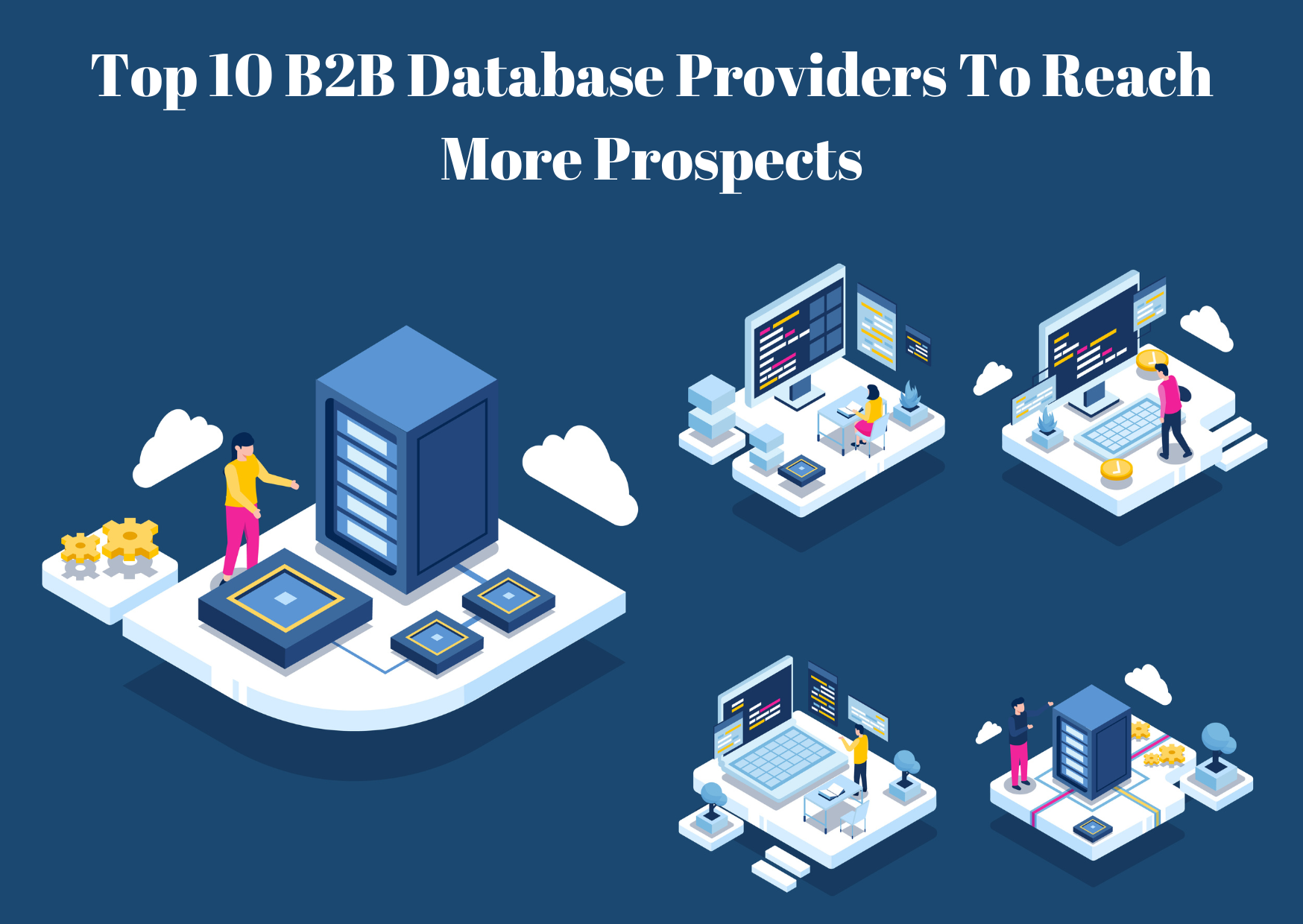Trick Attributes to Try To Find When Picking a Data Source Carrier
Choosing a data source supplier is an important decision that can dramatically influence your organization's operations and data management strategy. Amongst the vital features to take into consideration are scalability alternatives, which guarantee that your system can adapt to growing demands.
Scalability Options
When choosing a data source provider, comprehending scalability alternatives is essential to guaranteeing that the selected remedy can fit future development. Scalability describes the ability of a data source system to expand its ability and performance in reaction to enhanced need. There are two key types of scalability: vertical and horizontal.
Upright scalability, or "scaling up," entails enhancing a solitary web server's resources, such as CPU, RAM, or storage space. This strategy can be cost-efficient and simple for smaller applications yet may reach a limitation where even more upgrades are impractical or also expensive.
Straight scalability, or "scaling out," involves including extra servers to disperse the load. This strategy permits better versatility and can suit considerable increases in information quantity and user website traffic (database provider). It is specifically helpful for cloud-based data source options that can dynamically designate resources based on need

Safety Actions

When examining safety and security procedures, consider the execution of security protocols (database provider). Data-at-rest and data-in-transit encryption are important to ensure that sensitive info remains safeguarded, even in the occasion of a security violation. Additionally, search for suppliers that provide solid verification mechanisms, such as multi-factor authentication (MFA), to additionally boost access control
Normal safety audits and conformity with market criteria, such as GDPR or HIPAA, are a sign of a supplier's commitment to information security. Moreover, ask regarding their event action plan; a robust plan can reduce the influence of any kind of possible safety and security incident.
Efficiency Metrics
Evaluating efficiency metrics is vital for companies to ensure that their picked data source service provider satisfies functional needs. Secret performance metrics include reaction time, throughput, and scalability, which collectively identify the performance of data source operations under differing lots.
Action time is important, as it shows how quickly the data source can process questions and return results. Organizations should seek metrics that show typical response times during peak and off-peak hours. Throughput, usually gauged in Learn More deals per second (TPS), gives insight right into the database's capability to handle high quantities of requests without efficiency destruction.
Scalability evaluates the data source's capability to expand with the organization's demands. A durable database provider ought to show vertical and straight scaling capabilities, permitting smooth changes as demands change. Furthermore, comprehending latency, especially in distributed systems, can aid organizations evaluate the responsiveness of the database throughout different geographical areas.
Customer Support
Reputable customer support is a cornerstone of effective database monitoring, providing companies with the aid required to maximize and deal with issues efficiency. When choosing a database company, reviewing the degree of client assistance they use is crucial. A robust support system must include multiple channels of communication, such as phone, e-mail, and live chat, making certain that customers can access aid whenever they require it.
In addition, receptive support groups that are offered 24/7 greatly improve the dependability of the data source service. Prompt action times and reliable resolution of concerns can considerably reduce downtime and boost general efficiency. It is additionally beneficial to consider the accessibility of committed assistance employees, that can provide customized help based upon an organization's details requirements.

Rates Structure
When considering a database provider, the pricing structure is a pivotal variable that can substantially influence an organization's budget and total approach. A flexible and clear rates design is crucial for lining up the database costs with this page company requirements - database provider. Organizations should examine whether the prices is based upon usage, per individual, or a flat price, as each version can yield various economic effects with time
It is necessary to assess any type of extra costs connected with the supplier's solutions, such as information storage space charges, purchase expenses, and support costs. Some carriers may use tiered pricing, allowing scalability as the organization grows, while others could enforce stringent limits that might come to be expensive as data demands raise.
Additionally, companies ought to think about the long-term worth of the database remedy. While lower preliminary prices can be enticing, they may not make up future upgrades, upkeep charges, or assimilation prices. Conducting a detailed cost-benefit evaluation will aid identify one of the most appropriate rates framework that balances scalability, assistance, and performance, inevitably making certain that the chosen database carrier lines up with the company's financial and operational purposes.
Verdict
In conclusion, choosing a data source carrier necessitates mindful consideration of different vital attributes. Evaluating performance metrics allows the identification of effective data sources, and easily accessible client support enhances the overall customer experience.
Selecting a database supplier is a vital choice that can dramatically influence your organization's operations and information management method.When picking a database company, recognizing scalability alternatives is vital to making certain that the picked service can accommodate future development. When selecting a database provider, examining the level of customer assistance they supply is necessary.When taking into consideration a data source carrier, the prices framework is an essential factor that can significantly affect a company's budget plan and overall method. Carrying out a thorough cost-benefit evaluation will certainly assist recognize the most suitable prices framework that stabilizes performance, support, and scalability, ultimately making sure that the picked data source provider aligns with the organization's operational and economic purposes.